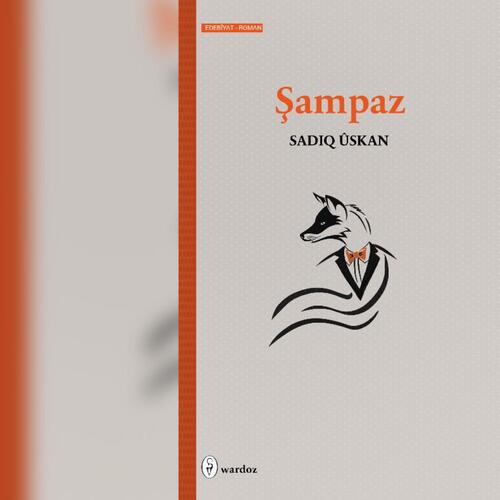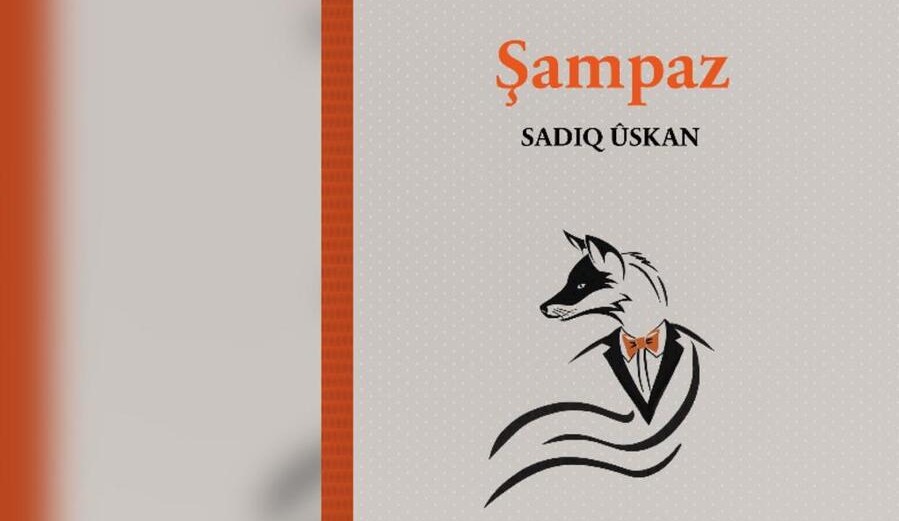When I first saw the book, I was intrigued by its title and cover. I began to read it, and the more I read, the more I realized that neither the cover nor the title could express this courage.
Shampaz is written in a way that has never been written in Kurdish literature before. (Or I have not seen or read it yet).
There are two main characters in the book: Adil Bardayi and Kalo. But we have a lot of secondary characters. This book is polyphony. Despite its polyphony, it is written in the first person and monologue. The book is told from beginning to end by our main character Kalo.
Kalo resides in a village. In the 1990s, he came to Qusar (Qaze) after his village was burned down. He is an honest person, but he does not know that and he is generally a good person. Adil Bardayi, as his name suggests, is a brave person who does not care about anything. Our two characters meet inside Qaze property and the story begins. Kalo enters the house to pay off the debt of a burnt-down village house. Like a hunter waiting for his prey, Bardayi is waiting for someone to trick him. He poses as an employee in the house, deceives Kalo, and takes 2500 Leer from him. And the story of Kalo and Bardayi starts.
After a while, Kalo feels that he has been deceived and goes after Berdayi. While searching, Kalo finds a case of Bardayi and discovers that Bardayi is not a normal
person, but a famous fraud. He has deceived dozens of people. From east to west, from the south to many cities in the north, people have been swindled. Some have lost money and some lost their houses. Kalo hears all these things but does not give up and looks for him. Bardayi sometimes pretends to be a Sheikh, sometimes a taxi driver, and sometimes a businessman, and deceives anyone who meets him.
If we look at the language of the book, it is a motion language. Although the place event is Qaze, one cannot say that the language of the book is entirely Qaze dialect. Due to some grammatical interference, the language is blurred in some places.
Although our author has tried to avoid the unity of Kurdish novels, he has not succeeded and again talks about oppression, poverty, and pressure on Kurdish society. Some themes are repeated a lot in the narrative, which makes the reader uncomfortable. (When he talks about electricity and electrical appliances, he also talks about smuggled and illegal electricity.)
But the events are very well juxtaposed that you do not notice them when they go from one event to another. The events are professionally organized. It is clear that our author is very well aware of his place and position, historically and sociologically.
As I said at the beginning, this book is written in a different style. Despite some shortcomings, one can say that it is a successful book and worth reading. I think you should follow Bardayi if you can catch him.










